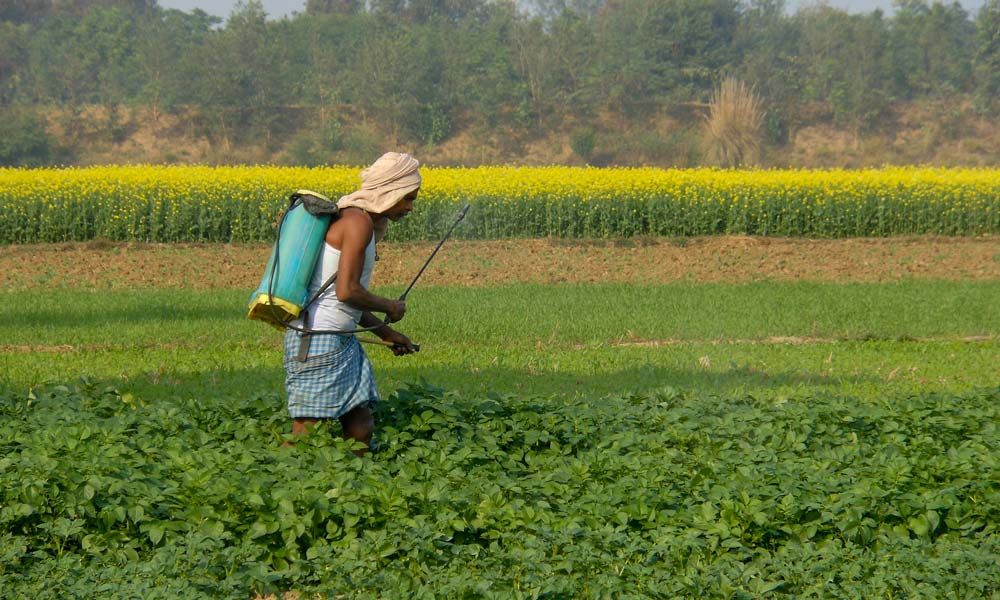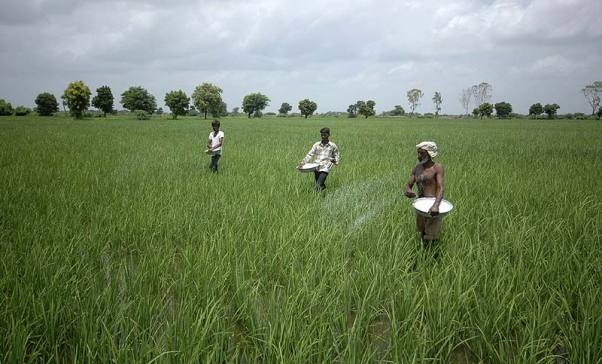The State of Indian Agriculture - Problem Statement
Today, the Indian agriculture sector has been dominated by the model pushed through during the Green Revolution in the 1960s. While there are many aspects to the Green Revolution, one major factor was the move away from self-sufficiency, towards increased inputs into a piece of farmland through irrigation, pesticides, fertilizers, and hybrid seeds that could not consistently breed well from generation to generation.
Death by Pesticide
While the country as a whole experienced an increase in yields and total production for certain crops such as wheat and rice, there were many problems associated with the model. It was not very sustainable or ecologically friendly. For example, pesticide consumption in our country increased from 2330 tons in 1950 to 198,000 tons in 1997-98, drastically increasing the prevalence of these chemicals in the food chain. For instance, “Agent Orange” a poisonous chemical used to clear bushes and find enemy hideouts in the Vietnam War is now used in many developing countries as a herbicide. This is despite the fact that this chemical is suspected to cause prostate cancer, respiratory cancers, multiple myeloma, type II diabetes mellitus, Hodgkin's disease and many more ailments.


Debt Traps
This system is also mostly partial to farmers who are already well off and have access to finances and irrigation, rather than the small and marginal farmers or those dependant on rainfall, who make up most of India’s farming community. Smaller farmers who took loans to afford the necessary input costs in terms of pesticides, fertilizers, pump sets etc. would often end up embroiled in debt if the crop failed.
Farmers in Distress
The net result is a deadly combination of debt, crop failures, suicides, poverty and migration to urban areas that have drastically curtailed the quality of rural lives
